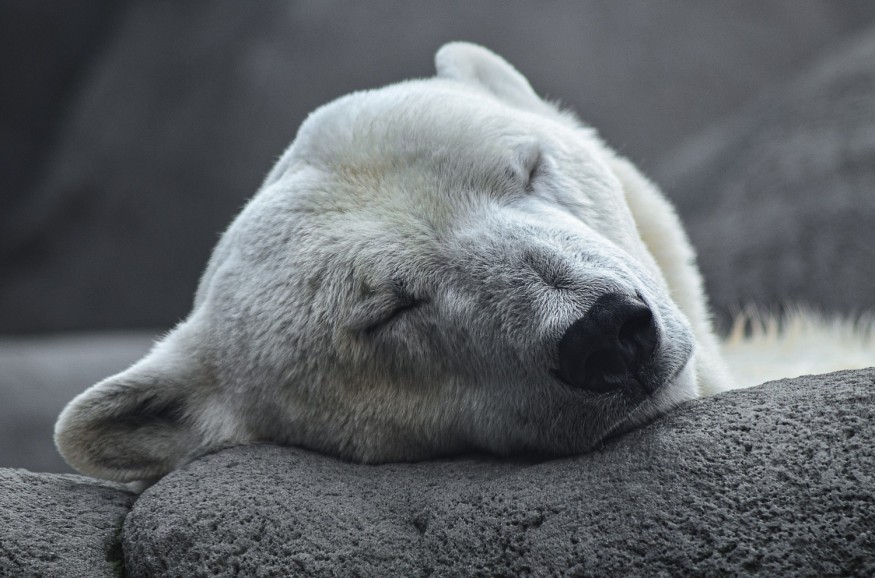
Polar bears have crowded on the edge of a village in Russia's far north to search for food, as weak Arctic ice leaves them unable to roam, environmentalists and locals said.
Nearly 60 polar bears dropped by Ryrkaypiy in Russia's distant Chukotka region, the head of the village's "bear patrol" Tatyana Minenko told Russian state news agency RIA Novosti.
The World Wide Fund (WWF) for Nature in Russia said Thursday in a statement that the polar bears are consuming the corpses of walruses that have settled on the village's shores since the fall.
"Almost [every bear were] thin," said Minenko. "Among [those were] both adults and young animals; there are females with cubs of [various] ages," she said.
Climate change was to blame, as unusually warm temperatures prevented coastal ice from forming, according to WWF. WWF added the number of human and predator encounters in the Arctic is increasing.
"The main reason is the [drop] of sea ice area due to the [unstable] climate. Animals, in the absence of ice cover, are forced to go ashore in search of food," WWF said.
Mikhail Stishov, the coordinator of WWF-Russia projects for the conservation of Arctic biodiversity, said the bears - or at least a few of them - would have already gone to the ocean where they could hunt for seals or sea hares if the ice were strong enough.
"[Related] situations are becoming the norm," he said. "We need to [adjust] to this so that neither people nor bears suffer," he added.
There were concerns that 56 polar bears could enter the village, home to fewer than 1,000 people, and patrols had been set up to monitor their movements, said WWF.
WWF said volunteers and residents have commenced patrolling the area around the village, including schools and kindergartens, to avoid encounters with the guests. All public events were canceled, and children are transported to school on buses.
Residents had also gathered walrus carcasses in the area to try to place the bears from walking into the village.
"We have [built] a feeding [area] with walrus [remains] that we [collected] along the coast," Minenko told news agency RIA Novosti. She added the sea ice wouldn't form, and the bears would stay on the coast as long as there is "no big freeze."
Russia's weather service reported that temperatures in the area should happen from Saturday and that seaside ice is expected to freeze by December 11. Polar bears usually visit areas inhabited by people in Arctic Russia to search for food, including rubbish tips.
But the number of visits has been growing as the melting of Arctic ice from climate shift drives the bears to allocate more time on the shore where they struggle for food.
According to state news agency TASS, Ryrkaypiy has a population of nearly 500 residents. It is located near the shore of the Arctic Ocean and faces Wrangel Island, recognized to be a "maternity house" for polar bears, TASS said.
© 2025 NatureWorldNews.com All rights reserved. Do not reproduce without permission.





